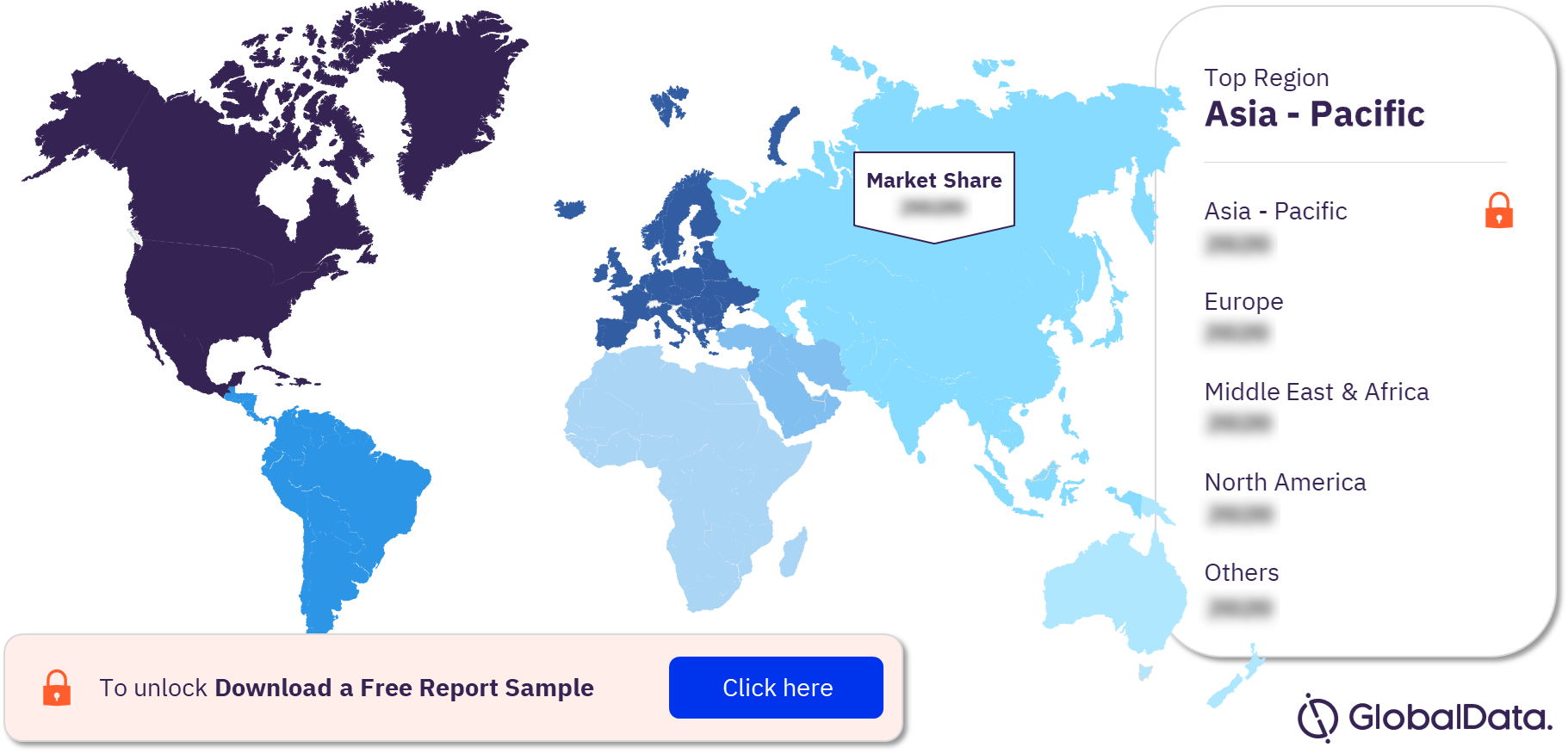The regulatory landscape for clinical trials, including those focused on dementia, is dynamic and subject to changes. Regulatory authorities around the world play a crucial role in ensuring the safety, efficacy, and ethical conduct of clinical trials. While I can provide some general trends and considerations, it's essential to check the latest guidelines and regulations from relevant regulatory bodies for the most up-to-date information.

For more regional insights into the dementia clinical trials market, download a free report sample
Here are some global trends and considerations in the regulation of dementia clinical trials:
-
Harmonization of Regulatory Standards:
- Efforts have been made to harmonize regulatory standards globally. Initiatives such as the International Council for Harmonisation of Technical Requirements for Pharmaceuticals for Human Use (ICH) aim to establish common guidelines to facilitate the acceptance of clinical trial data across different regions.
-
Emphasis on Patient Safety and Informed Consent:
- Regulatory authorities prioritize patient safety and the protection of trial participants. There is a strong emphasis on obtaining informed consent from study participants, ensuring they understand the risks and benefits of participation.
-
Use of Real-World Evidence:
- Regulatory agencies are exploring the incorporation of real-world evidence (RWE) in the evaluation of treatments. RWE, derived from sources other than traditional clinical trials, can provide additional insights into the safety and effectiveness of interventions.
-
Adaptive Trial Designs and Flexibility:
- There is a growing acceptance of adaptive trial designs that allow modifications during the course of a trial based on interim data analyses. This flexibility can improve trial efficiency and responsiveness to emerging evidence.
-
Patient-Centric Approaches:
- Regulators encourage patient-centric approaches in clinical trial design. This includes involving patients in the development of trial protocols, considering patient-reported outcomes, and addressing the specific needs of the target population.
-
Digital Health Technologies:
- The integration of digital health technologies in clinical trials is becoming more prevalent. Regulators recognize the potential benefits of technologies such as wearables and mobile apps for remote monitoring and data collection.
-
Expanded Access Programs:
- Regulatory agencies may support expanded access programs or compassionate use programs, allowing patients to access investigational treatments outside of clinical trials in certain circumstances.
-
Registry and Results Reporting:
- There is an increased focus on transparency in clinical trial reporting. Registries like ClinicalTrials.gov and the European Union Clinical Trials Register require the registration of trials and the disclosure of results to ensure transparency and accountability.
-
Diversity and Inclusion:
- Regulatory agencies emphasize the importance of diversity and inclusion in clinical trials to ensure that study results are applicable to a broad patient population. Efforts are made to include diverse ethnicities, genders, and age groups.
-
Global Collaboration:
- Regulatory agencies collaborate globally to address challenges in clinical trial regulation. Joint initiatives and information-sharing help streamline the regulatory process and ensure consistent standards.
-
Advanced Therapies and Personalized Medicine:
- With the emergence of advanced therapies and personalized medicine, regulators are adapting their frameworks to accommodate these innovative approaches. This includes gene and cell therapies, which may have unique regulatory considerations.
It's important to note that regulations and guidelines can vary between countries and regions. Researchers and sponsors of clinical trials are encouraged to consult the specific guidance documents and regulations from regulatory authorities such as the U.S. Food and Drug Administration (FDA), European Medicines Agency (EMA), and other relevant agencies in their respective regions for the most accurate and current information.


